Lotus is finally getting its call up into the unrated and competitive queues for VALORANT following a week of an exclusive Lotus-only queue that was made available when Episode Six launched. The map is now available to play in unrated and competitive play with a small but significant audio change.
As part of Patch 6.01, one of the map’s most prominent features in the two rotating doors will receive a volume reduction, making them quieter than they previously were during the map’s early access period and the Lotus-only queue period.
The small change is a welcome one to players who were unable to hear teammates or opponents when they were right next to the active rotating doors. Initially, players across virtually the entire map could hear the doors rotate, and a little icon on their mini-map would alert them if either of the rotating doors were in use.
Related: How to play Lotus in VALORANT: Layout, callouts, tips, and tricks
The rotating doors, for those who haven’t tried Lotus yet, can be activated by pressing a big button on either side of the door. The door then slowly swings open like a rotating bookshelf in a haunted house, then closes after a few seconds, giving the players on either side a brief window to head through or fire through the opening.
One rotating door is located alongside the A Main pathway, and leads to the A Tree room, and is marked on the map as A Door. The other door, C Door, connects the B Main pathway to C Main.
The rotating doors cannot be broken and they can be activated a limitless amount of times. Other bug fixes that were added as part of Patch 6.01 have made it so players shouldn’t get stuck in the door anymore, as well as allowing Breach’s utility to go through the door.


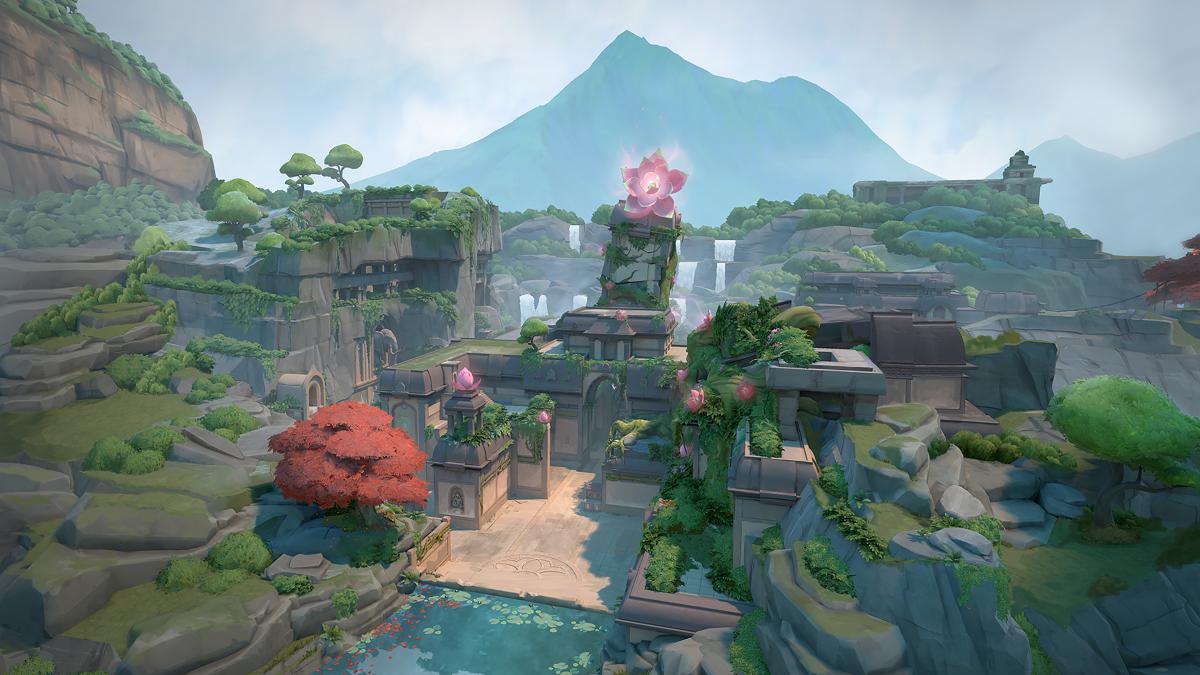
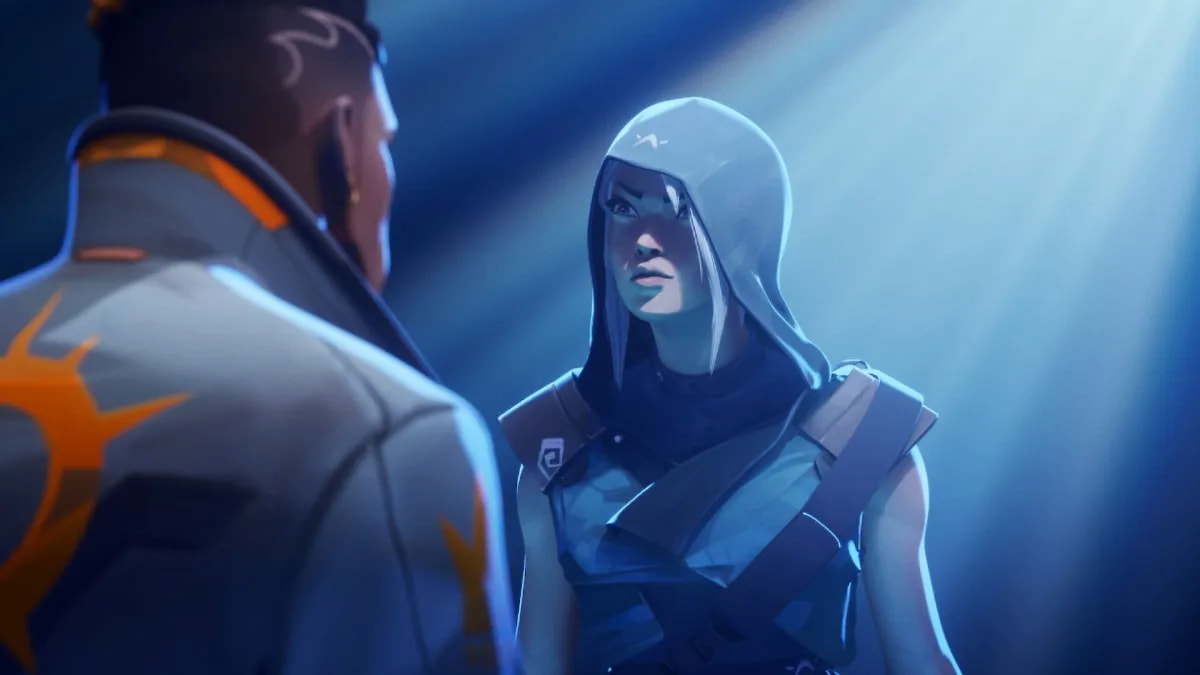
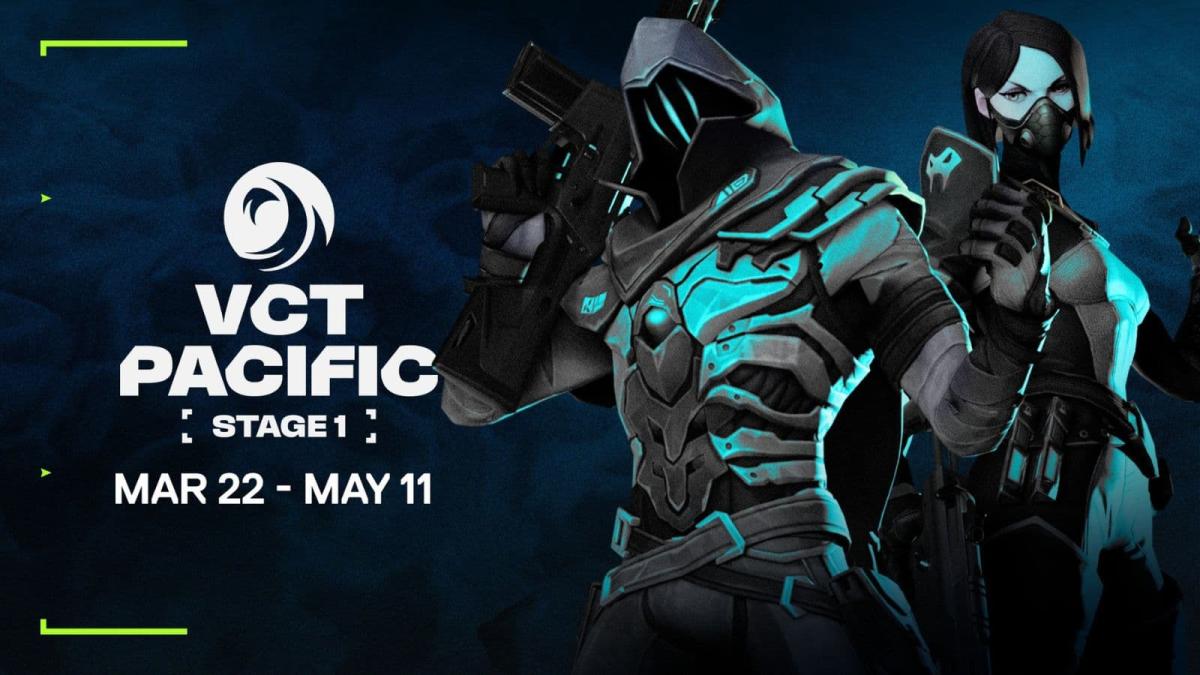

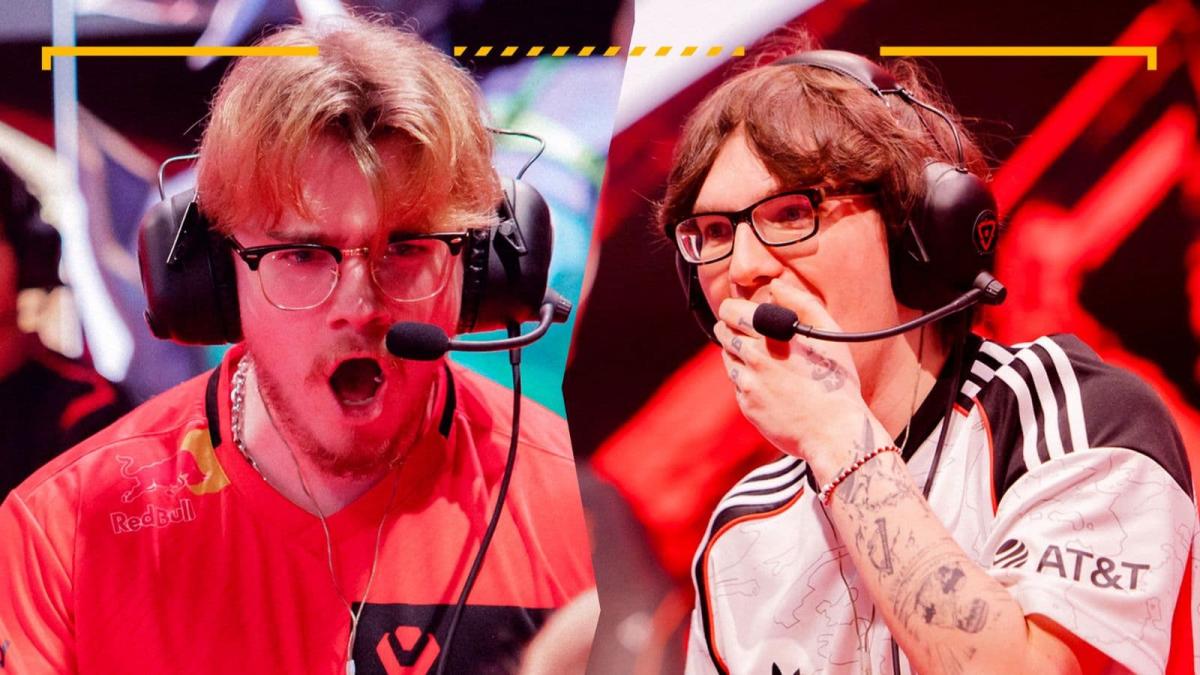
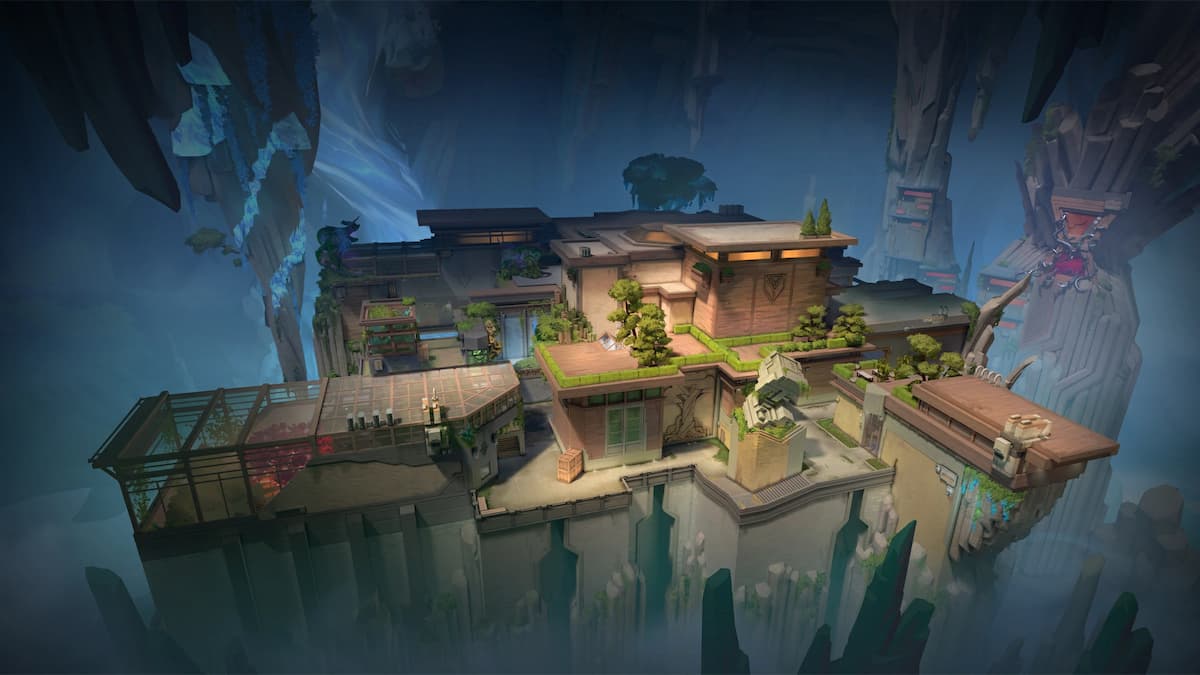


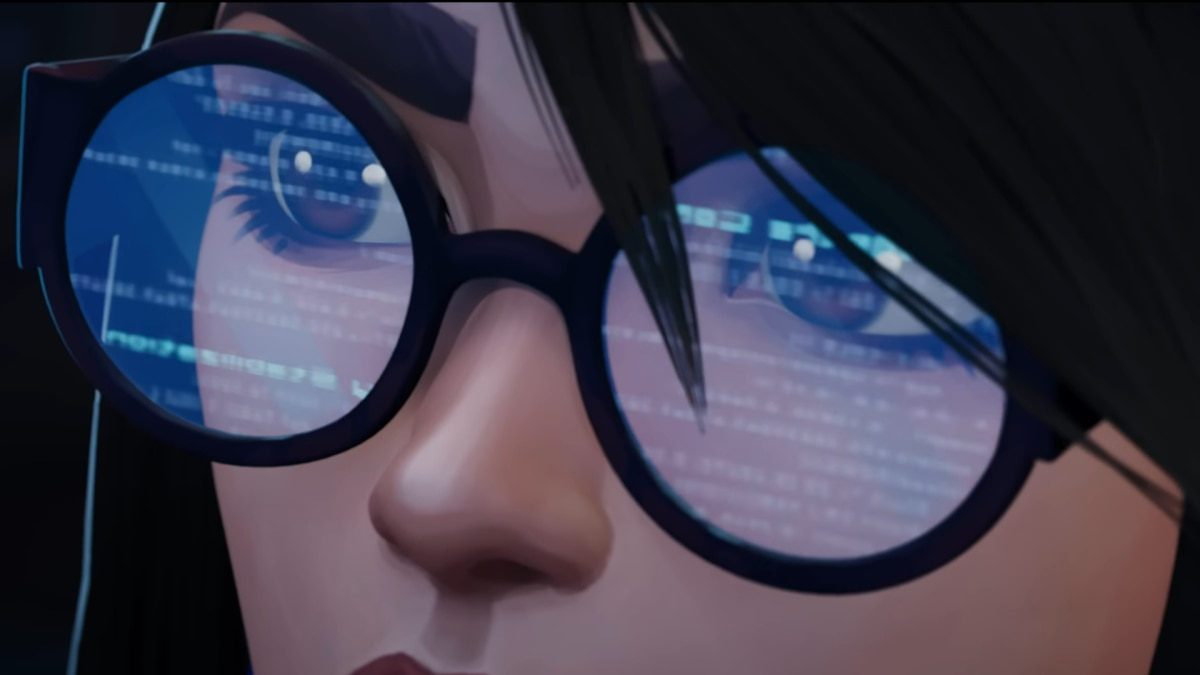
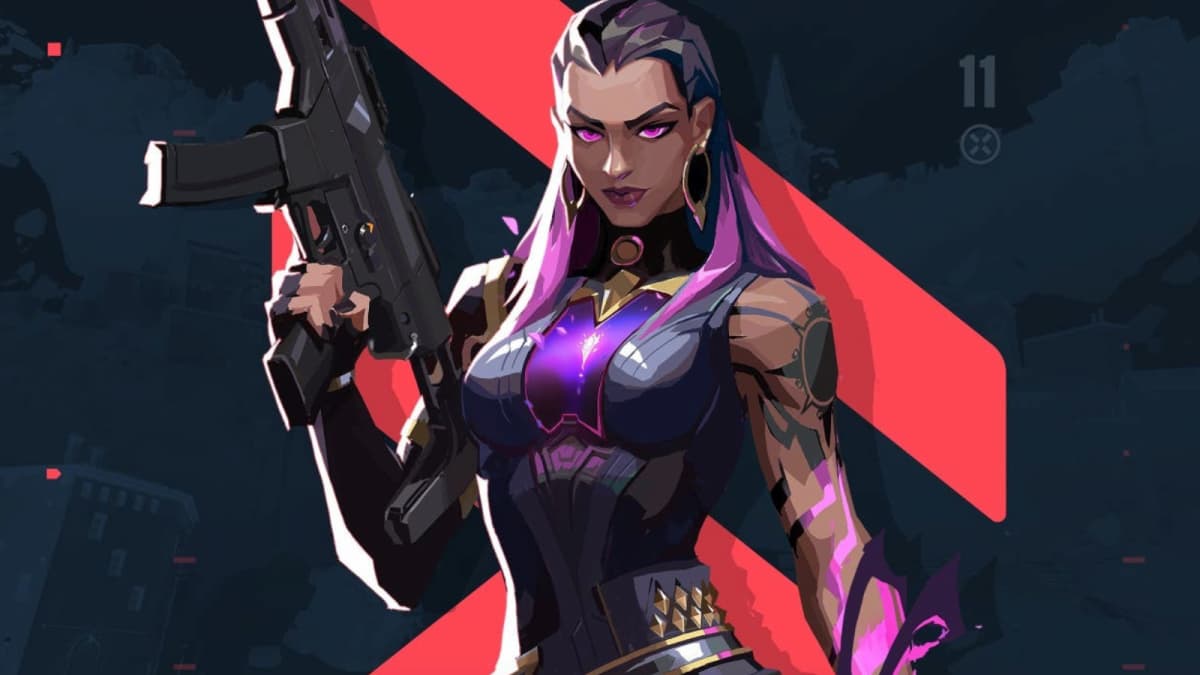

Published: Jan 18, 2023 12:18 pm